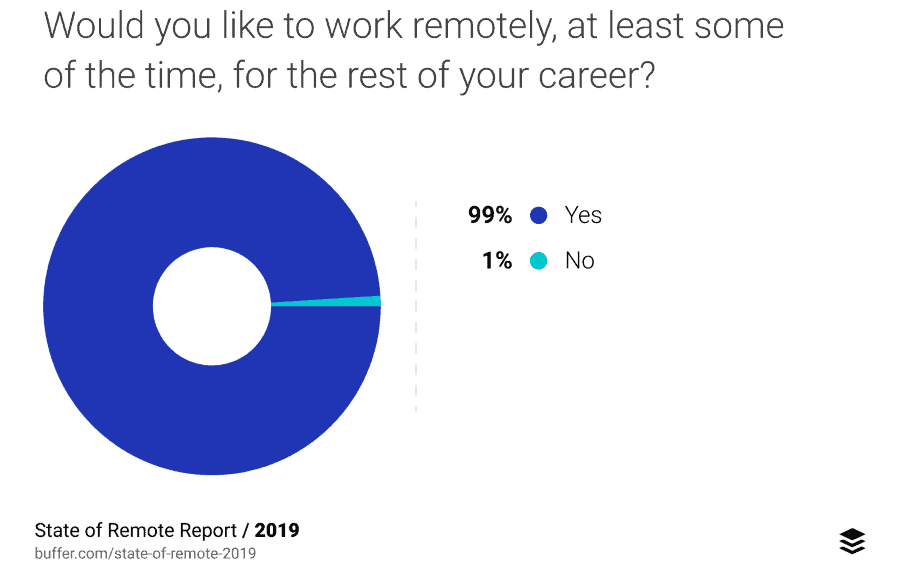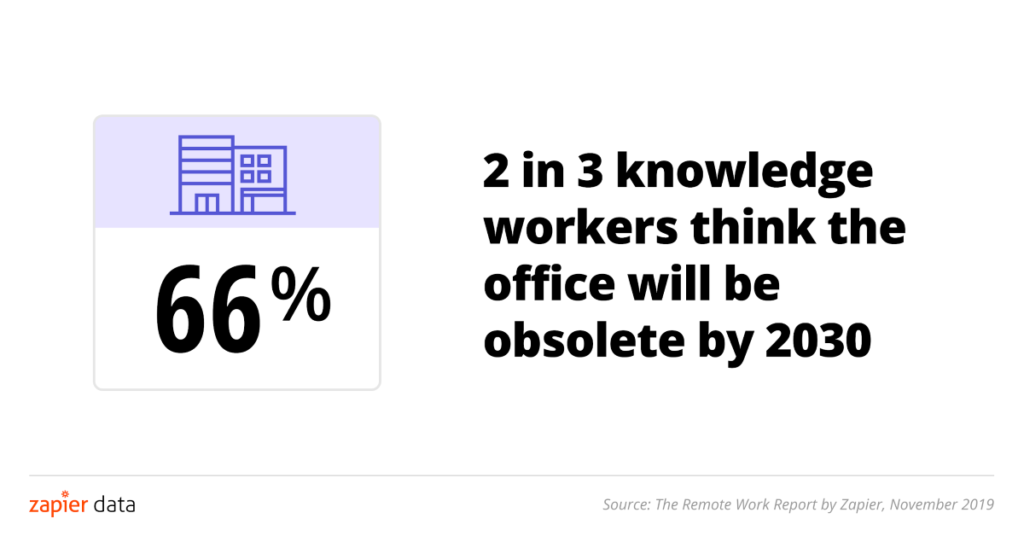Featured image by Free-Photos from Pixabay
Remote working as a concept has been around for years, and now it’s fast replacing the traditional office setup. In fact, forward-thinking organizations no longer promote rigid nine-to-five schedules, and they are happily looking for ways to replace it with flexible remote work.
Employers understand that remote working is an option that encourages workers to spend more time with family and to have less stress and more time for self-care. Now, thanks to flexible schedules, workers can more easily achieve better work-life balance, while employers enjoy better employee retention and more cost savings.
RELATED ARTICLE: YOUR BUSINESS NEEDS FREELANCERS: HERE’S WHY
Remote Work and the IT Industry: A Match Made in Heaven
For many knowledge workers in the IT sector, all it takes is broadband connectivity and a laptop to get things on the move. Then—voila!—they have the option to set up their office almost anywhere. Innovations and advancements in the technology sector make telecommuting and teleworking a reality right here and now.
According to research reports from Remoters, software or technology roles account for most of the opportunities in remote work. For example, the IT industry produces almost 29.2 percent of remote jobs. This is closely followed by the digital marketing industry with 24.5 percent of remote jobs. These include social media managers, content writers, digital marketers, and SEO strategists.

Remote Work in 2020
While many employers are still a long way from accepting the remote style of working, it’s astonishing to see that so many didn’t even realize it was an available option before 2020. But the idea of remote working doesn’t seem so distant anymore.
With tech titans like Google, Facebook, Amazon, Microsoft, and Twitter being the first ones to send their employees home in the wake of the current pandemic, these organizations will also be the last ones to open up shop.
According to the Washington Post, most of these giants are in no hurry to reopen offices. In fact, many are comfortable with having their workers continue working remotely until 2021.
In so doing, these giants are paving the way for remote working to be the norm. This leaves little doubt that remote working is far more than some short-lived fad.
RELATED ARTICLE: DIGITAL NOMADS: EVERYTHING YOU EVER WANTED TO KNOW
Some Interesting Statistics About Remote Working
Here are some interesting statistics to prove that nearly every employee is inclined toward working remotely and showing that remote working is here to stay. For example:
- A survey on remote work conducted by Buffer showed that 99 percent of employees would be happy to work remotely at least once in their career.

- An MIT survey in early April 2020 of 25,000 American employees found that roughly 15 percent of employees said they’d been working from home before the Covid-19 pandemic. In fact, nearly half of the US workforce might now be remote workers.
- A 2019 survey found that 61% of global companies currently allow their staff to have some sort of remote working.

- Only 32 percent of Japanese companies have flexible working policies. However, 80 percent of Japanese employees express the desire to work remotely.
- A report by FlexJobs states that telecommuting in the US has seen a 115 percent increase in the past decade.
- A report by Zapier states that 66 percent of employees feel the traditional office setup is short-lived and will be obsolete by 2030.

What’s in It for You? Benefits of Hiring an IT/Tech Remote Team
The benefits of hiring remote professionals is simply expressed in these three words: anytime, anyplace, anywhere.
Although there are many reasons for workers to choose remote working, here are some top benefits employers will gain from hiring an IT/tech remote team.
1. Access to a Global Pool of Talent
The biggest benefit of hiring remote talent is that location is no longer a limitation. This is especially significant with regard to the IT industry. This is because finding the right talent with the right technical proficiency in your nearby vicinity is sometimes a challenge. However, with remote working, you can open doors to local, national, and global talent.
- A UK survey of 2,000 employees and more than 500 companies found that remote work allows companies to gain from a varied talent pool without regard to workers’ locations.
2. Employee Loyalty and Retention
Research shows that employees tend to stick with their job longer under a remote agreement. Employee satisfaction and loyalty increase, and greater retention facilitates lower hiring and HR costs. This gives businesses the chance to use these funds for growth and expansion instead.
- Among employers, 10 percent predicted a boost in employee retention in 2020 in a “choose-your-own-work-style” culture.
- Among workers, 76 percent said they would be more loyal to their employers if they had flexible work options.
RELATED ARTICLE: WHY YOU NEED A DEDICATED TEAM OF DEVELOPERS
3. Increased Creativity and Productivity
One of the most appealing benefits for employees is the flexibility of working from almost anywhere. Whether it’s their favorite coffeehouse, the comfort of their own home, or even while traveling, these options make employees feel happier. It leads them to be more creative and innovative. What’s more, it boosts productivity.
Let’s just say this puts to rest the notion that employees can’t ever be happy. In truth, it appears that remote working has the power to inspire and uplift employer and employee alike.
- A report by Zapier states that 42 percent of employees believe they are extremely productive and more actively engaged when working remotely.
- Results show that 13 percent of remote employees are more productive overall. They also take fewer breaks and sick days.
4. Reduced Costs
By hiring a remote IT team, employers save themselves the cost of relocating a tech expert to their city. Businesses, especially IT startups and other tech companies, can cut their overhead costs exponentially by hiring remote workers.
- By 2030, companies will save an estimated $4.5 trillion each year in the US alone as a direct result of relying on remote workers. These savings will be largely due to improved productivity, lower overhead costs, and greater agility.
Say Hello to the Future of Work
It is becoming quite clear to many employers that hiring remote IT talent is the best thing they can do for their organizations. Moreover, making remote working work requires only a few simple steps:
- Make use of technology and virtual collaborations.
- Communicate clearly and often.
- Trust your remote team and give them the space to bring their ideas to the table.
Remote working in the IT industry is gaining momentum in 2020, especially in light of the current global pandemic. What’s more, it is proving to be a beneficial option for both employees and employers. In short, remote working is here to stay. Hiring and trusting in a remote team will prove to be a future-proof investment.
About the Author
Aayush is Senior Manager for Brand and Marketing at Uplers. He likes to stay on his toes when it comes to marketing and doing things that are worth the risk. He loves also traveling and exploring local cuisines. But in his free time, reading books with coffee is all he wants.


